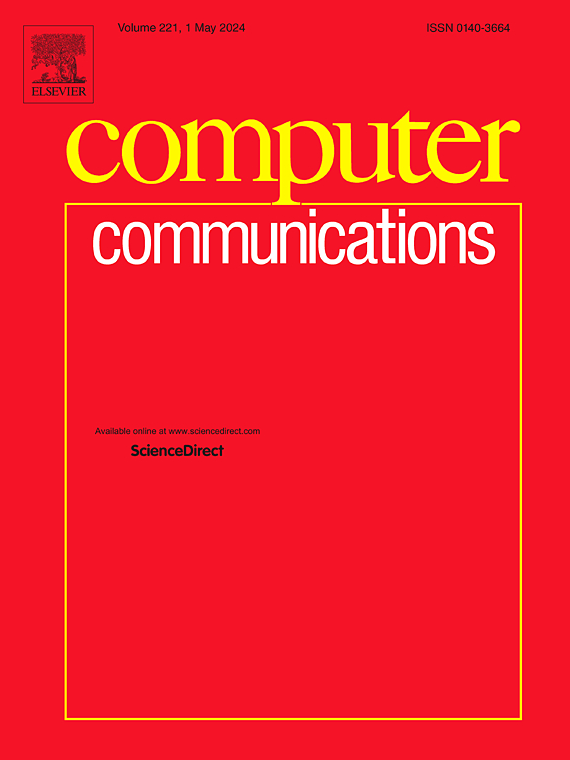Blockchain-empowered multi-skilled crowdsourcing for mobile web 3.0
IF 4.5
3区 计算机科学
Q1 COMPUTER SCIENCE, INFORMATION SYSTEMS
引用次数: 0
Abstract
As the next generation of the world wide web, web 3.0 is envisioned as a decentralized internet which improves data security and self-sovereign identity. The mobile web 3.0 mainly focuses on decentralized internet for mobile users and mobile applications. With the rapid development of mobile crowdsourcing research, existing mobile crowdsourcing models can achieve efficient allocation of tasks and responders. Benefiting from the inherent decentralization and immutability, more and more crowdsourcing models over mobile web 3.0 have been deployed on blockchain systems to enhance data verifiability. However, executing these crowdsourcing-oriented smart contracts on a blockchain may incur a large amount of gas consumption, leading to significant costs for the system and increasing users’ expenses. In addition, the existing crowdsourcing model does not take into account the expected quality of task completion in the matching link between tasks and responders, which will cause some tasks to fail to achieve effects and damage the interests of task publishers. In order to solve these problems, this paper proposes a decentralized multi-skill mobile crowdsourcing model with guaranteed task quality and gas optimization (DMCQG), which performs task matching while considering skill coverage and expected quality of task completion, and guarantees the final completion quality of each task. In addition, DMCQG also optimizes the gas value consumed by smart contracts at the code level, reducing the cost of crowdsourcing task participation. In order to verify whether DMCQG is effective, we deployed the model on the Ethereum platform for testing. Through inspection, it was proved that the final expected quality of the tasks matched by DMCQG was better than other models. And it is verified that after optimization, the gas consumption of DMCQG is significantly reduced.
求助全文
约1分钟内获得全文
求助全文
来源期刊

Computer Communications
工程技术-电信学
CiteScore
14.10
自引率
5.00%
发文量
397
审稿时长
66 days
期刊介绍:
Computer and Communications networks are key infrastructures of the information society with high socio-economic value as they contribute to the correct operations of many critical services (from healthcare to finance and transportation). Internet is the core of today''s computer-communication infrastructures. This has transformed the Internet, from a robust network for data transfer between computers, to a global, content-rich, communication and information system where contents are increasingly generated by the users, and distributed according to human social relations. Next-generation network technologies, architectures and protocols are therefore required to overcome the limitations of the legacy Internet and add new capabilities and services. The future Internet should be ubiquitous, secure, resilient, and closer to human communication paradigms.
Computer Communications is a peer-reviewed international journal that publishes high-quality scientific articles (both theory and practice) and survey papers covering all aspects of future computer communication networks (on all layers, except the physical layer), with a special attention to the evolution of the Internet architecture, protocols, services, and applications.
 求助内容:
求助内容: 应助结果提醒方式:
应助结果提醒方式:


